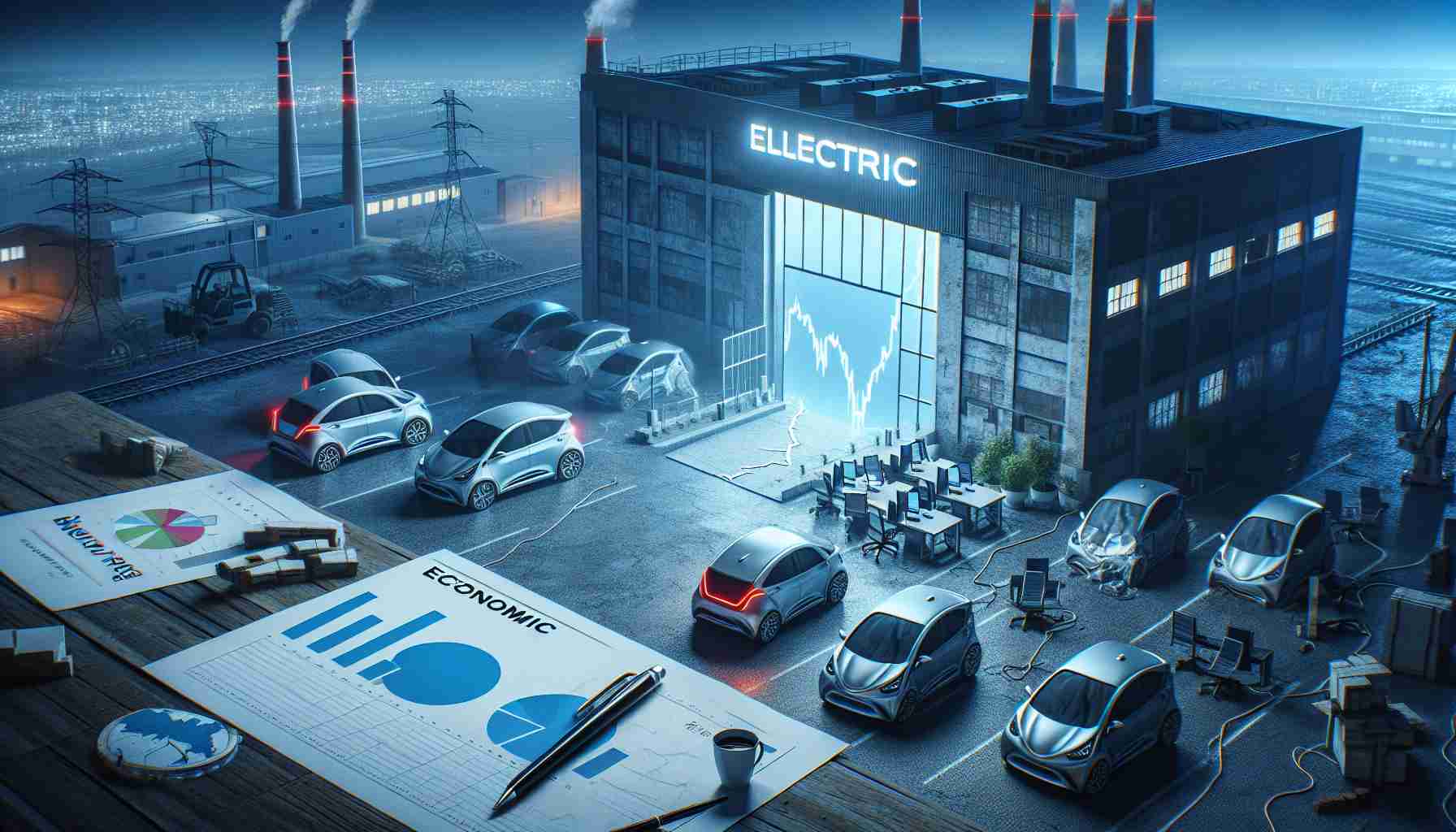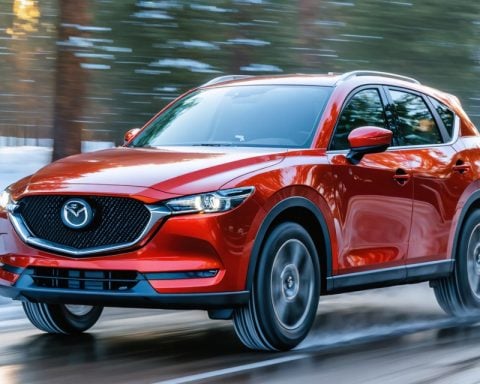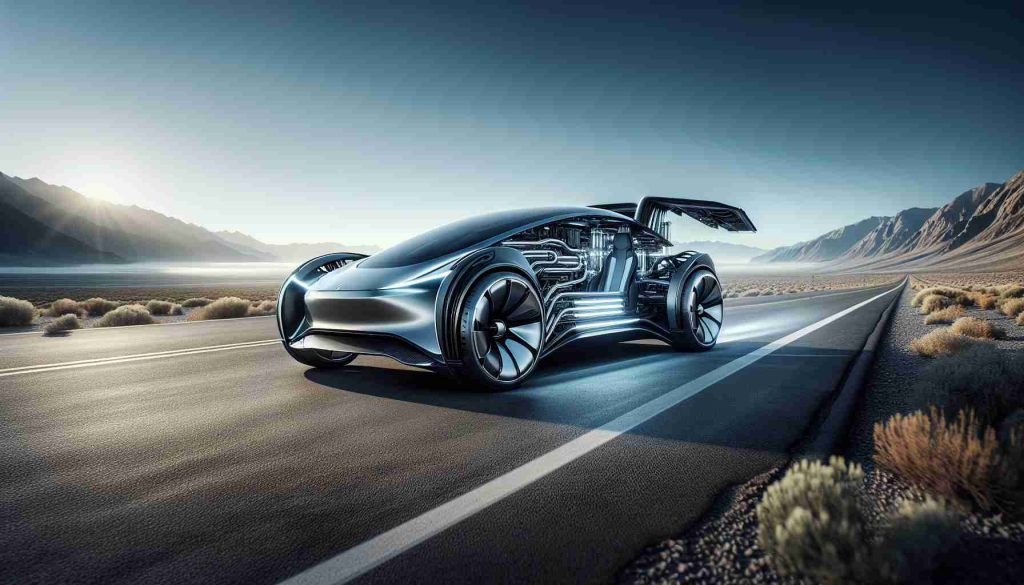Ubco, the electric vehicle manufacturer based in Mt Maunganui, has entered receivership following a significant funding shortfall. This decision marks a major turning point for the company, known for its innovative electric motorbikes.
Last August, Ubco committed to a significant contract with Australia Post to provide a fleet of 175 all-electric motorcycles intended for mail delivery services. This partnership was anticipated to enhance the company’s profile and expand its market reach. However, despite these promising ventures, financial instability has led to the company’s current predicament.
Receivers Stephen Keen and David Ruscoe from Grant Thornton have been designated to oversee the company’s operations as they navigate this challenging period. As the situation unfolds, stakeholders are left questioning the future of Ubco’s innovative electric solutions and their impact on the growing green transportation market.
The receivership raises concerns about potential job losses and the fate of ongoing projects designed to revolutionize urban mobility. Industry experts will be watching closely to see if Ubco can restructure and emerge from this crisis, or if it will become another statistic in the increasingly competitive electric vehicle landscape.
In the meantime, the future of electric motorbike delivery services remains uncertain, as Ubco struggles to secure the necessary funding to continue operations.
Implications of Ubco’s Receivership on Electric Mobility and the Economy
Ubco’s recent receivership not only affects its stakeholders but also casts a shadow over the broader electric vehicle (EV) landscape, particularly in the urban mobility sector. As cities worldwide strive to reduce their carbon footprints, electric motorbikes have emerged as a viable solution for sustainable transportation. The setback of a promising manufacturer like Ubco raises critical questions about the vulnerability of startups in this rapidly evolving market.
The fallout from Ubco’s struggles may hinder the momentum of green transportation initiatives. Financial instability among electric mobility firms can erode investor confidence, which is vital for innovation and growth. If successful restructuring is unattainable, this may provoke a cautious reassessment of funding strategies across the industry, ultimately slowing technological advancements that could mitigate urban pollution and traffic congestion.
Moreover, the repercussions of Ubco’s situation extend to employment and local economies. The potential job losses could destabilize communities dependent on the manufacturing and servicing of electric vehicles. Long-term, this event may serve as a cautionary tale for other firms in the sector, emphasizing the critical need for more robust financial backing and sustainable business models.
As society grapples with the urgent need to transition to electric transportation, the question remains: Can emerging companies learn from Ubco’s experience to create a more resilient green future? Only time will tell if this moment acts as a catalyst for greater innovation or a harbinger of a grim reality for electric mobility.
Ubco’s Rise and Fall: What This Means for the Electric Vehicle Market
Ubco’s Struggle in the Electric Vehicle Landscape
Ubco, an electric vehicle manufacturer located in Mt Maunganui, has recently entered receivership due to a significant funding shortfall. This pivotal moment for the company, renowned for its innovative electric motorbikes, raises critical questions about the future of urban mobility and green transportation solutions.
Industry Impact and Future Prospects
1. Current Status of Ubco: As Ubco faces receivership, Stephen Keen and David Ruscoe from Grant Thornton have stepped in as receivers to manage the company’s operations. Their priority will be to assess Ubco’s assets and liabilities, aiming to find a feasible path forward for the company’s future in the electric vehicle (EV) market.
2. Challenges in Securing Funding: Ubco’s struggles are emblematic of broader trends within the EV sector, where companies often grapple with financing challenges despite promising technological advancements. As the demand for sustainable transportation grows, the competition among electric vehicle manufacturers intensifies, making it harder for companies like Ubco to maintain a stable financial footing.
3. Potential Job Losses: The receivership has sparked concerns about job security within the company. Stakeholders, including employees and suppliers, are apprehensive about the potential impact on jobs and how ongoing projects may be affected. The outcome of this process will likely have ramifications not just for Ubco’s workforce but also for the wider community involved with these innovative products.
Pros and Cons of Ubco’s Business Model
Pros:
– Innovative Products: Ubco’s focus on all-electric motorcycles positions it well within the growing demand for eco-friendly transportation solutions.
– Partnership with Australia Post: The contract with Australia Post showcased Ubco’s potential to gain a significant foothold in the delivery service sector, enhancing its visibility in the market.
Cons:
– Financial Instability: The recent funding shortfall highlighted critical vulnerabilities in Ubco’s business model, emphasizing the precarious nature of financing in the electric vehicle industry.
– Market Competition: The increasing number of competitors in the EV space makes it harder for niche players like Ubco to secure necessary investments and sustain operations.
Key Insights on Electric Vehicle Trends
– Market Shifts: The global push for sustainability is driving interest in electric vehicles. However, the path to profitability for many EV manufacturers remains challenging.
– Consolidation Trends: The industry may see further consolidation as smaller companies either merge or exit the market. This could reshape the competitive landscape, potentially creating opportunities for stronger, more financially stable firms.
Innovations in Electric Motorbikes
Electric motorbike technology is continuously evolving, with advancements aimed at improving range, battery life, and charging efficiency. Ubco’s innovative designs may still serve as a blueprint for future developments, especially if they can navigate their current crisis effectively.
Conclusion: What Lies Ahead for Ubco?
As Ubco struggles with its financial challenges, the electric vehicle community is left to speculate on the future of this innovative company. The outcome will not only affect its stakeholders but may also influence the broader trajectory of electric mobility solutions.
For more information on innovations in electric vehicles and industry updates, visit Electric Vehicles.

















